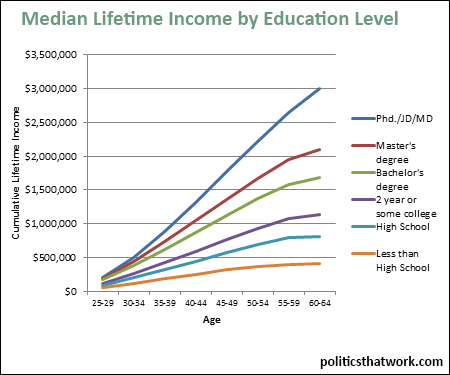For centuries, the concept of sports has prevailed as a dominant industry around the world. With number reaching the millions and even billions for national and international sports competitions such as the Olympics and Super Bowl, it’s no wonder that the sports industry is projected to be at a 73.5 billion industry as of 2019 according to the Forbes. However, while the sports industry remains a dominant force, another industry representative of the modern technological age is rapidly matching it: Esports.

But while there have been consistent reports of ESports as a rising force, what exactly is it? To put simply, the concept of Esports derives the idea of competitive gaming and elevates to a professional indoctrinated national and international level. While there is a multitude of formats that can be attributed to the ESports industry, perhaps one of the biggest and most well-known examples stems from the game League of Legends. Originally marketed as a free battle arena game where players could compete against each other based off of skill and strategy, League of Legends inevitably grew to be one of the largest gaming communities in the world. As of 2016, league of legends boasts an exorbitant number of 100 million active players monthly while viewers numbered up to 43 million in that year’s world championship alone. While not exactly mainstream, the industry of Esports is no doubt growing at an exponential rate. In fact, an analysis by NewZoo, a market intelligence firm, predicts the future of Esports industry to be an astounding 1 billion dollars by 2019.

Comparing the concept of Esports to traditional sports, these two industries undoubtedly have their share of differences. These differences stem most notably from the fact that while one is technology-centered and generally played indoors, the other provides a more rugged and physical role in playing sports. Despite these differences, however, the core foundation between Esports and traditional sports industries are almost identical. In the end, Esports growth as an industry can be attributed to the same passion, and drive for entertainment that propels the sports industry forward. Both sports and Esports have astoundingly highly devoted fanbases, with thousands rushing to by merchandise and jerseys every year, while even more browse online commentaries and streams that litter the internet daily. In fact, many Esports, like sports, also consists of team-based competitions with a primary focus on communication and camaraderie in order to achieve an objective.
On a broader societal scale, the rise of Esports as an industry has proven to be extremely attractive and beneficial for numerous companies from a marketing standpoint. Branding, sponsorships, and advertisements in the Esports field have the potential to reach millions of viewers of the younger and more recent generations. However, contrary to the common stereotype that only young college and high school males play Esports, studies have shown that a majority of Esports fans (60%) have been estimated to be above the age of college students, ranging between that of 25 to 35. Of those who are 25 or older, 58 percent were shown to have started families and had children. In addition, while Esports is predominantly composed of males, a considerable amount of fans (38%) are in fact, women. For many advertisers, this demographic of rising technological savvy fans are particular tempting due to their undoubted rising influence as the next generation of consumers. Already, many companies such as Samsung and Red bull have been seen to sponsor teams in the Esports industry. Perhaps even more fascinating is the interest of former sports clients of investing in Esports. With pioneers such as former NBA champion Rick Fox’s investment into an official Esports team (Echo Fox LoL) and CEO Scott O’Neil of the Philadelphia 76ers, the Esports industry is likely to skyrocket even higher in the near future.
While compared to the current Sports industry, the Esports can still be seen as still an industry set in the beginning stages, the potential it has on a globalized scale is irrefutable. Few can argue with the rising revenue generated by this budding industry, with awards for many championship titles rivaling even that of the Super Bowl set at 5.1 million. With these thoughts in mind, the question that faces many is this: how will the rising Esports industry impact other industries? How about society, education, and life as a whole?
Sources:
https://www.forbes.com/forbes/welcome/?toURL=https://www.forbes.com/sites/darrenheitner/2015/10/19/sports-industry-to-reach-73-5-billion-by-2019/&refURL=https://www.google.com/&referrer=https://www.google.com/
http://www.espn.com/espn/story/_/id/13059210/esports-massive-industry-growing
https://northwesternbusinessreview.org/the-rise-of-esports-681aa9af919f
https://deadicatedfans.com/2017/07/06/20423/


